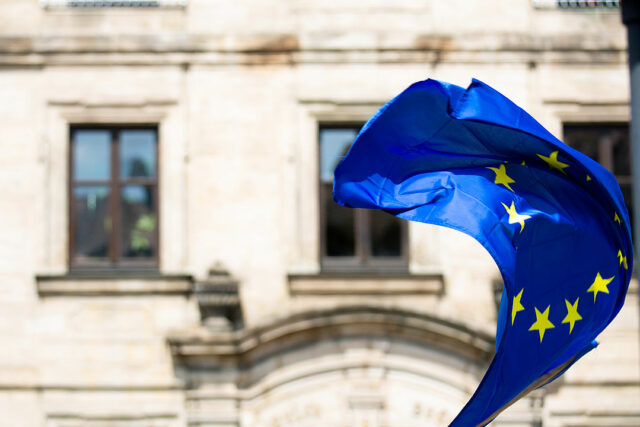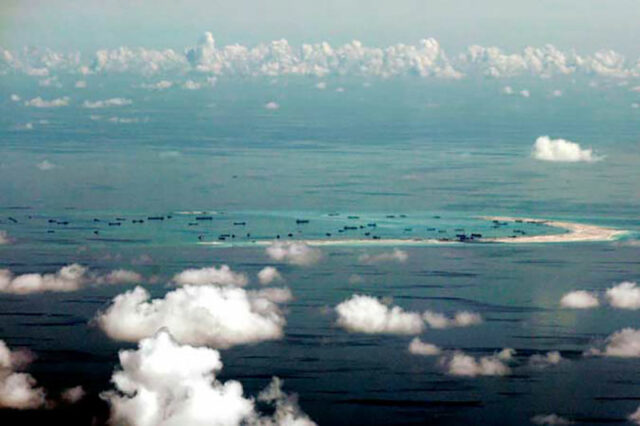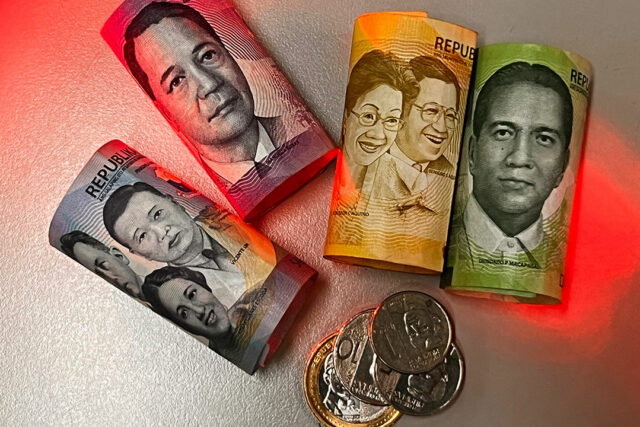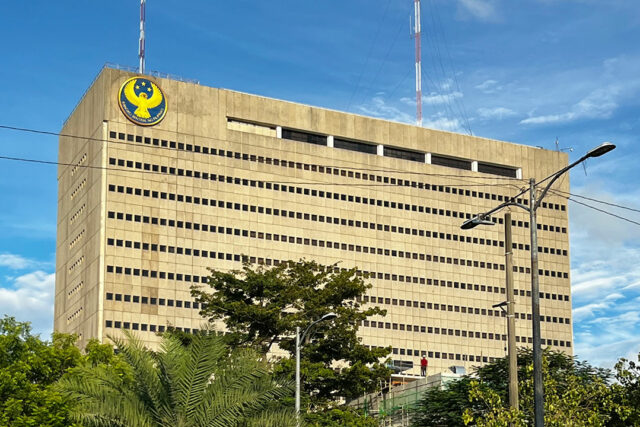South Korean lawmakers call to impeach President Yoon
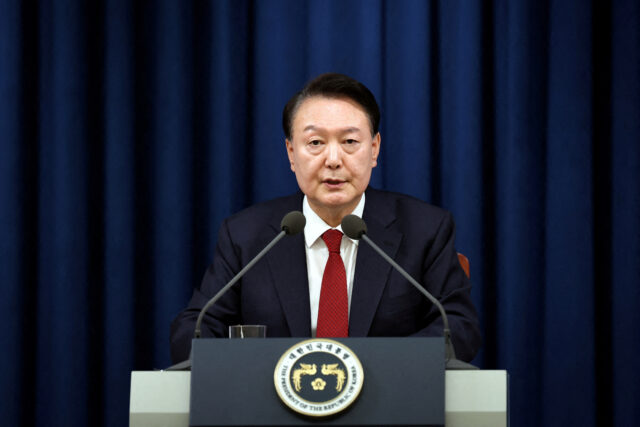
SEOUL – South Korean lawmakers on Wednesday called for the impeachment of President Yoon Suk Yeol after he declared martial law only to reverse the move hours later, triggering the biggest political crisis in decades in Asia’s fourth-largest economy.
The surprise declaration late on Tuesday ignited a standoff with parliament which rejected his attempt to ban political activity and censor the media, as armed troops forced their way into the National Assembly building in Seoul.
A coalition of lawmakers from opposition parties said they planned to propose a bill to impeach Yoon on Wednesday which should be voted within 72 hours.
“The parliament should focus on immediately suspending the president’s business to pass an impeachment bill soonest,” Hwang Un-ha, one of the MPs in the coalition, told reporters.
Yoon’s chief of staff and senior secretaries offered to resign en masse, a presidential official said.
Yoon told the nation in a TV address that martial law was needed to defend the country from nuclear-armed North Korea and pro-North anti-state forces, and protect its free constitutional order, although he cited no specific threats.
Chaotic scenes ensued as helmeted troops climbed into the parliament building through smashed windows and military helicopters hovered overhead. Parliamentary aides sprayed fire extinguishers to push the soldiers back, and protesters scuffled with police outside.
The military said activities by parliament and political parties would be banned, and that media and publishers would be under the control of the martial law command.
But within hours of the declaration, South Korea’s parliament, with 190 of its 300 members present, unanimously passed a motion requiring martial law be lifted, including all 18 members present from Yoon’s party. The president then rescinded the declaration.
Protesters outside the National Assembly shouted and clapped. “We won!” they chanted, and one demonstrator banged on a drum.
More protests are expected on Wednesday with South Korea’s largest union coalition, the Korean Confederation of Trade Unions, planning to hold a rally in Seoul and vowing to strike until Yoon resigns.
The U.S. embassy urged U.S. citizens in South Korea to avoid areas where protests were taking place, while some major employers including Naver Corp and LG Electronics Inc advised employees to work from home.
Financial markets were volatile with South Korean stocks falling around 2% early on Wednesday, while the won steadied to trade around 1,418 to the dollar, having plunged to a two-year low.
Finance Minister Choi Sang-mok and Bank of Korea Governor Rhee Chang-yong held emergency meetings overnight and the finance ministry promised to prop up markets if needed.
“We will inject unlimited liquidity into stocks, bonds, short-term money market as well as forex market for the time being until they are fully normalised,” the government said in a statement.
South Korea’s foreign exchange authorities were suspected of selling U.S. dollars on the onshore market early on Wednesday to limit a decline in the won, two dealers said.
DODGED A BULLET
The main opposition Democratic Party called for Yoon, who has been in office since 2022, to resign or face impeachment over the martial law declaration, the first in South Korea since 1980.
“Even if martial law is lifted, he cannot avoid treason charges. It was clearly revealed to the entire nation that President Yoon could no longer run the country normally. He should step down,” senior DP member of parliament Park Chan-dae said in a statement.
The National Assembly can impeach the president if more than two-thirds of lawmakers vote for it. A trial is then held by the constitutional court, which can confirm it with a vote by six of the nine justices.
Yoon’s party controls 108 seats in the 300-member legislature.
If Yoon resigned or was removed from office, Prime Minister Han Duck-soo would fill in as leader until a new election was held.
“South Korea as a nation dodged a bullet, but President Yoon may have shot himself in the foot,” said Danny Russel, vice president of the Asia Society Policy Institute think tank in the United States.
The crisis in a country that has been a democracy since the 1980s, and is a U.S. ally and major Asian economy, caused international alarm.
U.S. Secretary of State Antony Blinken said he welcomed Yoon’s decision to rescind the martial law declaration.
“We continue to expect political disagreements to be resolved peacefully and in accordance with the rule of law,” Blinken said in a statement.
South Korea hosts around 28,500 American troops as a legacy of the 1950-1953 Korean War.
Planned defence talks and joint military exercises between South Korea and the United States were postponed, the Yonhap news agency reported.
Sweden’s prime minister also postponed a visit to South Korea, a spokesperson said.
Yoon, a career prosecutor, squeezed out a victory in the tightest presidential election in South Korean history in 2022, riding a wave of discontent over economic policy, scandals and gender wars.
But he has been unpopular, with his support ratings hovering at around 20% for months.
His People Power Party suffered a landslide defeat at a parliamentary election in April this year, ceding control of the unicameral assembly to opposition parties that captured nearly two-thirds of the seats.
There have been more than a dozen instances of martial law being declared since South Korea was established as a republic in 1948.
In 1980, a group of military officers led by Chun Doo-hwan forced then-President Choi Kyu-hah to proclaim martial law to crush calls by the opposition, labour and students for the restoration of democratic government. — Reuters




